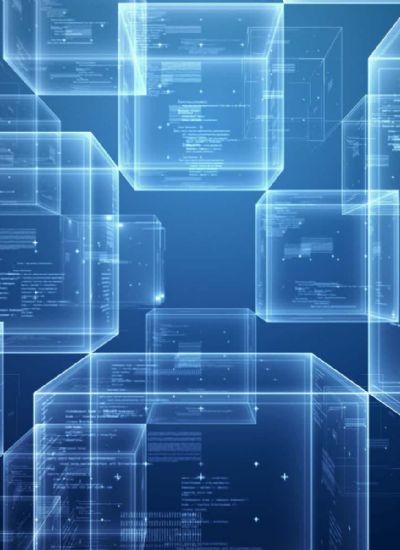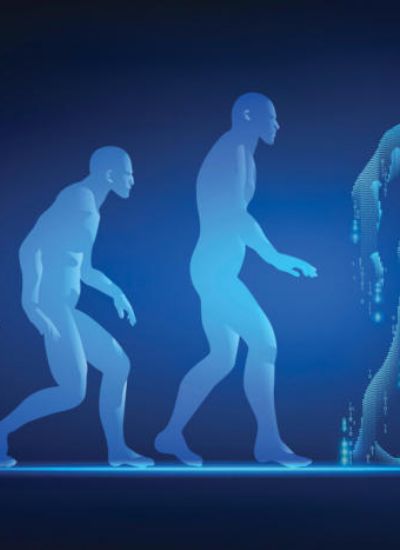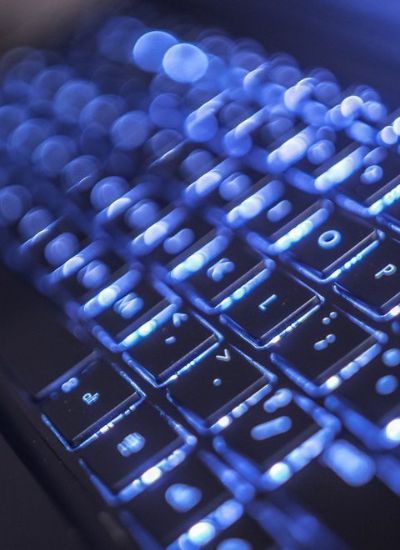When Defragging, Corrupt Files Will Not Defrag
- A corrupt file is a file that is not operating correctly or is completely unusable. Ways in which a file can become corrupted include Windows crashes, virus or other malware, power outages, crashed application, or file location unreadable or undetectable by the operating system.
- Windows Disk Defragmenter utility will not operate on a disk that Windows has identified as containing errors. Corrupt files may cause Disk Defragmenter to stop during the process and restart the system, or may cause the system to stop responding or "freeze." There are ways to proceed with the defragmentation even when corrupt files are detected.
- The Chkdsk function can detect errors automatically in the hard drive, allowing the user to locate and remove corrupt files. There are two ways to perform a "Chkdsk" function. From My Computer, you can access chkdsk utility by right clicking, choosing "Properties," "Tools," and "Error-Checking." From a DOS command line, you can type "chkdsk" to begin the process. For Windows XP, follow the link in References to "How to Perform Disk Error Checking in Windows XP." For Vista and 7, follow the References link to "Check Your Hard Disk for Errors."
- Other options for working around the corrupt files to defragment include: manual defragmentation of the disk drive rather than scheduled defragmentation, running the Windows Disk Cleanup utility from Programs Accessories folder or running Scandisk from inside Windows or in DOS mode. Follow the link to "Disk Defragmenter Hangs After Choosing Disk to Defragment" for specific instructions. Always back up files before entering any command line instructions.



















